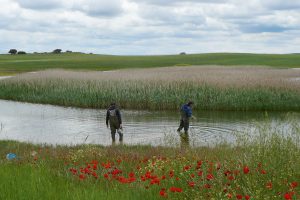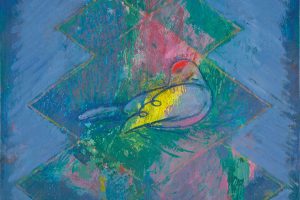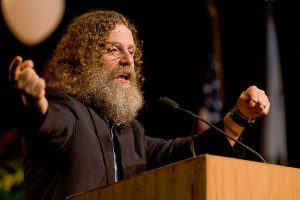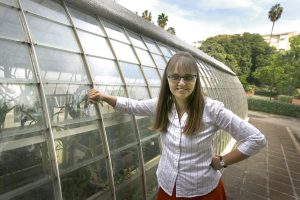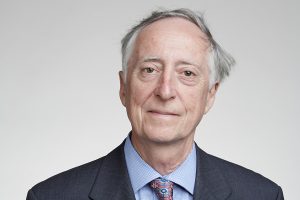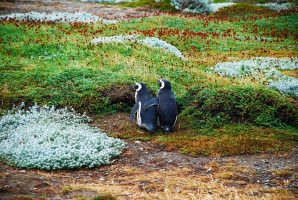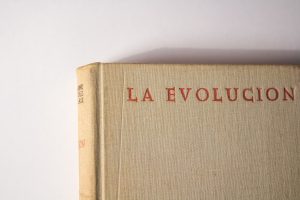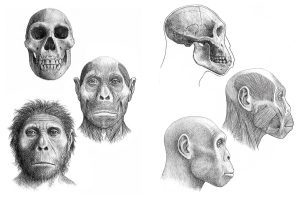Search
Studying evolution in the face of environmental uncertainty is crucial to understand biological diversity, because diversifying life strategies is key to survival and reproduction in uncertain environments.
The monograph Endless forms explores some of the most pressing challenges we face as a species.
Maternal care comprises many different types of behaviours that, perhaps most prominently, include diverse ways to feed their young.
Interview with Robert Sapolsky, professor at the University of Stanford (USA), in which he talks biology issues of the present time.
Interview with Hanna Kokko, full professor of Evolutionary Biology at the University of Zurich.
From the simplest of cells to the first bands of hominids treading on two legs across the African savannah, the history of life in this planet is based on cooperation.
Interview with Dr. Graham Bell, Professor of Evolution at McGill University (Montréal) and one of the most important voices in the academic field of evolutionary biology.
Homosexual behaviour has always been considered a paradox from an evolutionary point of view because it does not produce offspring, but there are nuances to this.
Human palaeontology in Spain has experienced extraordinary growth in recent decades. In this work we investigate the influence that the book La evolución (1966) and its editors, Miquel Crusafont, Bermudo Meléndez, and Emiliano Aguirre, exerted on this explosion.
Recent paleoanthropological evidence from the early Pleistocene site of Dmanisi in Georgia has revealed that the first hominins out of Africa were more archaic than the coeval African and Asian Homo erectus.

